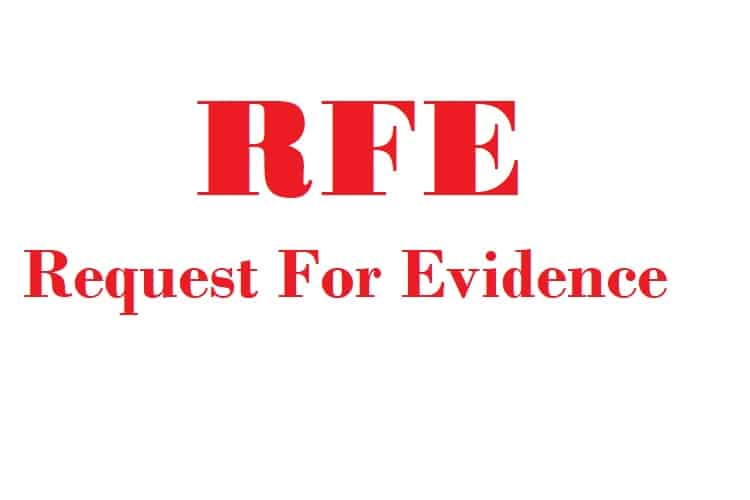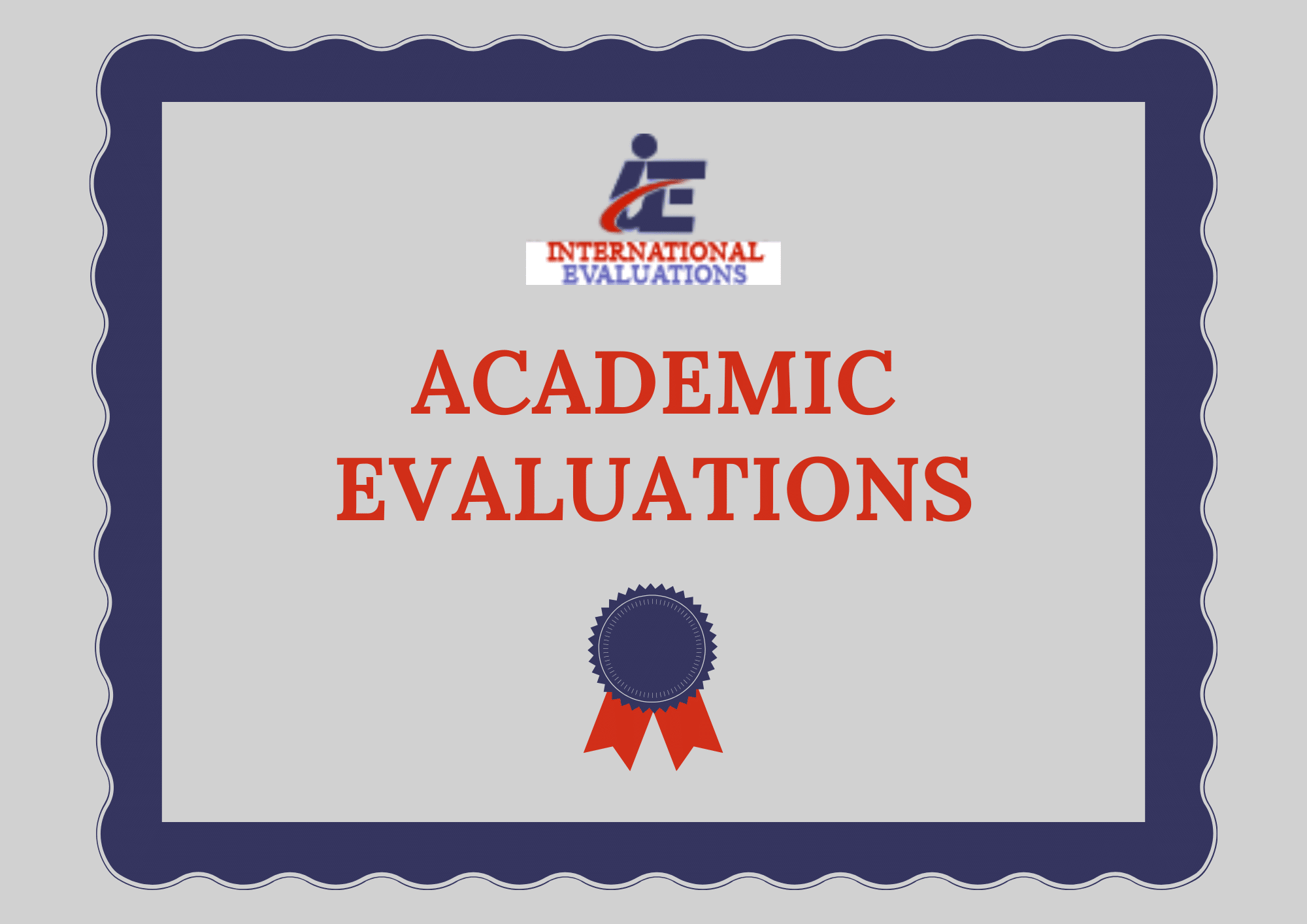Introduction
In a significantly globalized world, the demand for specialists who can navigate international borders has never been higher. As companies expand their operations throughout continents, comprehending the subtleties of work experience examination ends up being essential for both companies and employees. This article dives deep into the intricacies of work experience evaluation, shedding light on its value in international movement, the processes included, and how it intersects with academic credential assessment and other vital factors.
Understanding the Subtleties of Work Experience Assessment for International Mobility
When we discuss work experience evaluation, we're essentially discussing a structured method to assess an individual's professional background, abilities, and proficiencies in a worldwide context. This assessment is crucial for numerous stakeholders consisting of companies wanting to work with worldwide skill, individuals seeking employment abroad, and educational institutions using programs to boost employability.
Work experience https://internationalevaluations.com/beneficiary-qualification-letter/ evaluations help bridge the gap in between varied international employment requirements. They guarantee that relevant experiences are recognized and valued appropriately. This process often consists of a professional viewpoint letter which offers a comprehensive analysis of a prospect's certifications relative to market standards.
The Importance of Work Experience Evaluation in International Mobility
Navigating International Standards
With different nations having actually differed criteria for examining professional experience, understanding these discrepancies becomes essential. A reliable work experience evaluation permits companies to line up prospects' backgrounds with local expectations.
Enhancing Employability
For task hunters aiming for opportunities abroad, presenting an accurate depiction of their work history can substantially improve their employability. Evaluations performed by respectable worldwide credential examination services provide potential companies a clear photo of what candidates give the table.
Key Parts of Work Experience Evaluation
1. File Verification
Document verification is basic in developing the credibility of a prospect's work experience. Each document needs to be inspected completely to prevent scams or misrepresentation.
2. Ability Assessment
A thorough skill assessment evaluates the competencies gotten during previous work. This might include technical abilities in addition to soft skills like communication or leadership abilities.
3. Expert Opinion Letter
A specialist viewpoint letter plays an essential role in confirming work experiences. It acts as an authoritative endorsement from recognized specialists within particular markets or sectors.
Types of Credential Evaluations Related to Work Experience
1. Academic Credential Evaluation
This procedure examines educational credentials obtained from organizations outside the nation where one seeks employment or further education. Comprehending how academic qualifications connect to work experiences is crucial as some functions require specific academic backgrounds.
2. Course-by-Course Credential Evaluation
For applicants who want to demonstrate their scholastic standing together with useful experiences, course-by-course examinations provide detailed breakdowns obviously taken, grades got, and equivalencies developed in relation to regional education systems.
3. Service Strategy Evaluation
While mainly pertinent for entrepreneurs, organization strategy assessments can link with work experience evaluations when people seek financing or collaborations based on their previous roles and achievements within particular industries.
The Process of Carrying out a Work Experience Evaluation
Conducting a comprehensive assessment includes several actions:
- Collecting needed files such as letters from previous employers, pay stubs, or job descriptions. Engaging with global credential evaluation services that specialize in assessing foreign work experiences. Compiling findings into thorough reports that summary confirmed abilities and experiences clearly.
Challenges in Work Experience Evaluation
Despite its value, there are challenges related to assessing work experience internationally:
- Variability in task titles and obligations across different cultures can complicate comparisons. Inconsistencies in documentation practices might result in troubles in validating claims made by candidates.
Best Practices for Effective Work Experience Evaluation
To make sure accuracy and fairness in examinations:

Future Patterns in Work Experience Evaluations
As globalization continues to progress:
- We anticipate increased use of expert system tools to streamline evaluations. More emphasis will likely be placed on soft abilities and flexibility together with standard difficult skills due to changing labor force dynamics.
FAQs
Q1: What is an expert opinion letter?
A skilled opinion letter is a file offered by industry experts that confirms an individual's certifications or experiences according to market standards.
Q2: How does scholastic credential evaluation effect work experience?

Q3: Why do I need a course-by-course credential evaluation?
A course-by-course credential examination supplies comprehensive insights into your academic history, demonstrating how your education matches your professional experiences.

Q4: Can my previous task title affect my work experience evaluation?
Yes! Job titles vary commonly across regions; for that reason it's necessary that critics think about duties instead of titles alone when examining qualifications.
Q5: What types of files are required for work experience evaluations?
Normally needed files include letters from previous companies detailing your role/responsibilities, pay stubs showing duration at each position, and any related certifications earned throughout employment.
Q6: The length of time does a typical work experience assessment take?
The duration can vary commonly based on intricacy however normally ranges from a number of weeks approximately 3 months depending on paperwork accessibility and verification needs.
Conclusion
Understanding the nuances of work experience examination is necessary for browsing today's worldwide labor force landscape effectively. By appreciating the complexities included-- varying from documentation confirmation through professional viewpoint letters-- it ends up being clear that this procedure is not simply bureaucratic but deeply important to guaranteeing that talent is acknowledged properly across borders.
As business significantly value varied point of views brought by international talent swimming pools, those included-- be it job candidates or employers-- should remain educated about best practices surrounding these assessments while also adapting as patterns progress within this vibrant field.
By harnessing reputable resources such as academic credential examinations and engaging with trusted international credential evaluation services, individuals can enhance their profiles considerably while organizations can make educated hiring choices aligned with their tactical objectives-- eventually cultivating growth within our interconnected world economy.